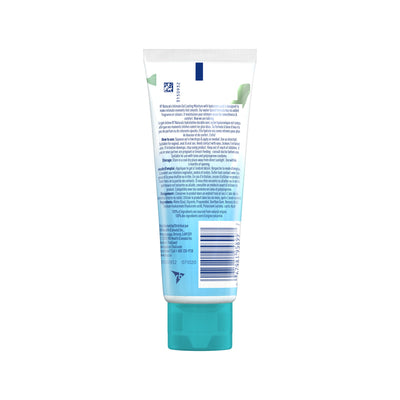How Do I Know If I'm Starting Menopause?
As we age, our bodies experience a wide range of physiological changes that vary from one person to the next. Among these changes, one of the most common for women reaching their ‘50s is known as menopause.
From sudden spotting to occasional mood swings, there are certain tell-tale signs that menopause is on the horizon. We want to shed more light on this experience to help you recognize when menopause starts, what to expect, and how to manage your symptoms.
What is Menopause?
Menopause is a natural phase that every woman goes through in life. Following a phase known as perimenopause, menopause is marked by the absence of your menstrual period for 12 consecutive months.
While some factors cause women to reach menopause early, such as with a hysterectomy surgery, the majority reach it naturally in their late ‘40s or early ‘50s. At this time, the ovaries naturally begin to slow the production of estrogen and progesterone making it nearly impossible to become pregnant. Unfortunately, the shift in hormone levels also introduces a myriad of negative symptoms.
Common Signs and Symptoms of Menopause
For most women, menopause symptoms can be spontaneous, uncomfortable, and incredibly frustrating. Recognizing these changes can help you better manage your symptoms as they come. Here are three very common signs that you’ve entered menopause.
1. Spotting or absent period
As mentioned earlier, one of the most reliable symptoms that tell you when you’ve entered menopause is when your period stops for a full year. Although spotting is quite normal with perimenopause as your hormone levels decline, it’s likely to stop completely at some point in time.
2.Hot flashes
Hot flashes are sudden bursts of heat that transmit all over your body and leave you feeling overwhelmingly warm and sweaty. Lasting anywhere between 30 seconds and 5 minutes, this is a very common symptom of perimenopause, menopause, and post-menopause.
3. Low sex drive
Menopause and sex are two categories that don’t always go well together. Since your sex hormones have dropped, it becomes more difficult to desire any sort of intimacy. Along with symptoms of vaginal dryness, sex becomes more of a challenge during this phase.
Managing Your Menopause Symptoms
If you’re struggling to cope with your symptoms of menopause, you’re not alone. Here are some excellent strategies to help you manage your symptoms and improve your comfort.
- Get more exercise
- Drink plenty of water
- Focus on improving your sleep quality
- Eat a well-balanced diet and increase your fiber intake
- Use vaginal lubricants for more pleasurable sex
- Seek support from your doctor or counsellor for further guidance












